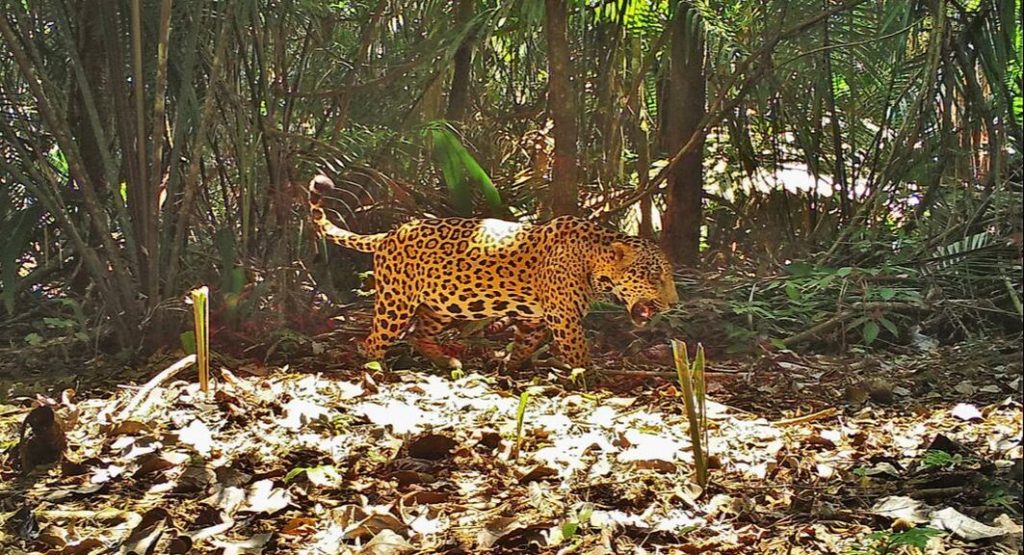 Conservation is a team effort: diverse partners joining forces to protect our natural world. This belief has driven an impactful partnership between Jacksonville Zoo and Gardens and the University of Florida’s Institute of Food and Agricultural Sciences (UF/IFAS).
Conservation is a team effort: diverse partners joining forces to protect our natural world. This belief has driven an impactful partnership between Jacksonville Zoo and Gardens and the University of Florida’s Institute of Food and Agricultural Sciences (UF/IFAS).
Through this collaboration, Dr. Matt Hallett, a researcher focused on conservation in Guyana’s Rupununi region, has made strides in studying the balance between wildlife and human activity. Thanks to support from the Jacksonville Zoo & Gardens, long-term sustainability efforts for threatened animals, including species like jaguars, have gained significant momentum.
Laying the Foundation
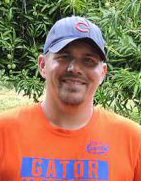
While finishing his Ph.D. in UF’s School of Natural Resources and Environment, Dr. Hallett worked closely with Jacksonville Zoo on a range of conservation projects in Guyana. His research, which focuses on the effects of habitat loss, hunting, logging, and livestock on medium and large-bodied mammals, is critical in understanding the environmental pressures these animals face. Beyond research, Dr. Hallett’s work emphasizes the importance of community involvement in conservation efforts, creating models for lasting environmental stewardship in Central and South America.
In 2018, UF/IFAS Advancement coordinated a meeting with key leaders from both the zoo and the university — including John Lukas, Curator of Wildlife Conservation; Dan Maloney, former Deputy Zoo Director; Dr. Jack Payne, former Senior Vice President for UF/IFAS; and Dr. Eric Hellgren, Chair of UF’s Wildlife Ecology and Conservation Department. This pivotal meeting laid the groundwork for a formalized partnership, and the zoo leadership recognized the importance of investing in Dr. Hallett’s critical work. The zoo agreed to partially fund Dr. Hallett’s position for three years, which helped secure a joint appointment within UF’s Department of Wildlife Ecology and Conservation and Tropical Conservation and Development Program.
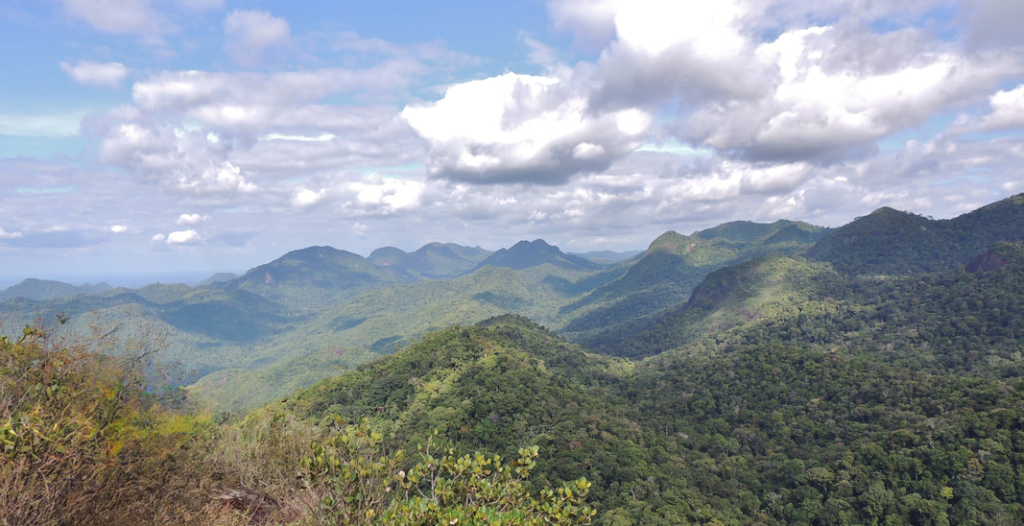
Conservation Impacts
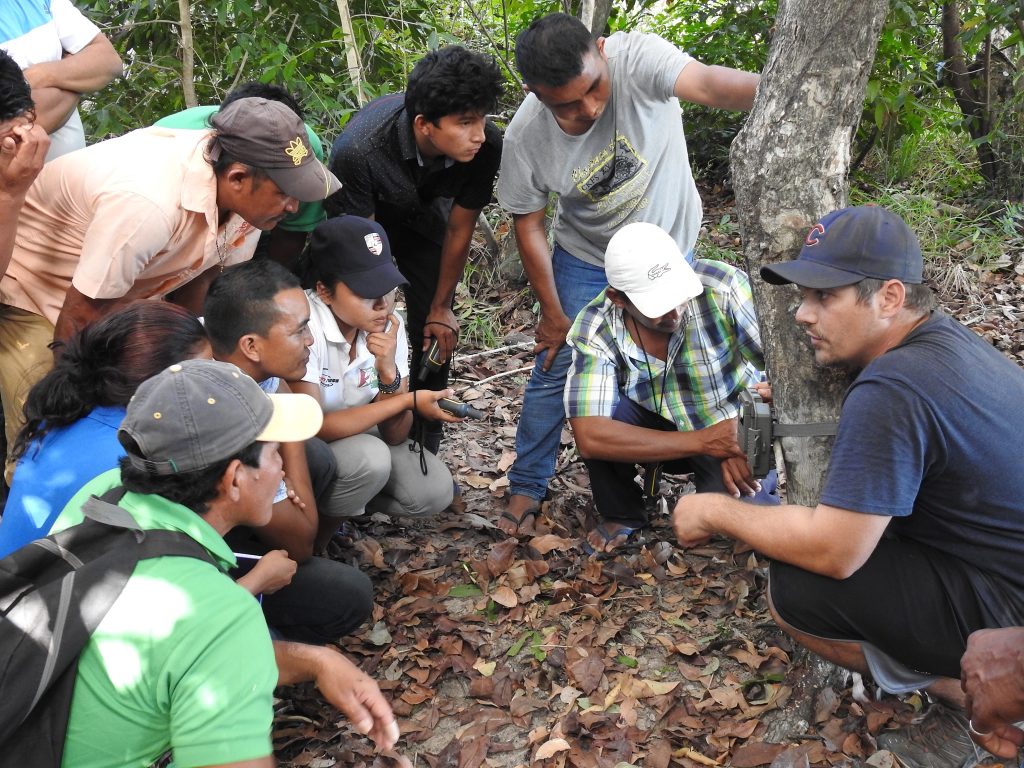
A key outcome of Dr. Hallett’s work has been the establishment of the Rupununi Wildlife Research Unit (RWRU), a collaborative group of local scientists. The RWRU has formed strong partnerships with indigenous communities, private landowners, government agencies, and non-governmental organizations to monitor wildlife populations and implement conservation strategies across
Guyana’s interior.
This work is not only producing valuable data on the abundance and distribution of mammals but also empowering local communities to actively participate in preserving their natural environment.
Dr. Hallett’s approach, which integrates scientific research with community involvement, has been a highly effective model in the Rupununi region. By fostering a sense of ownership and responsibility among local people, the RWRU ensures that conservation initiatives are grounded in local knowledge and aligned with the cultural and economic needs of the communities they serve.
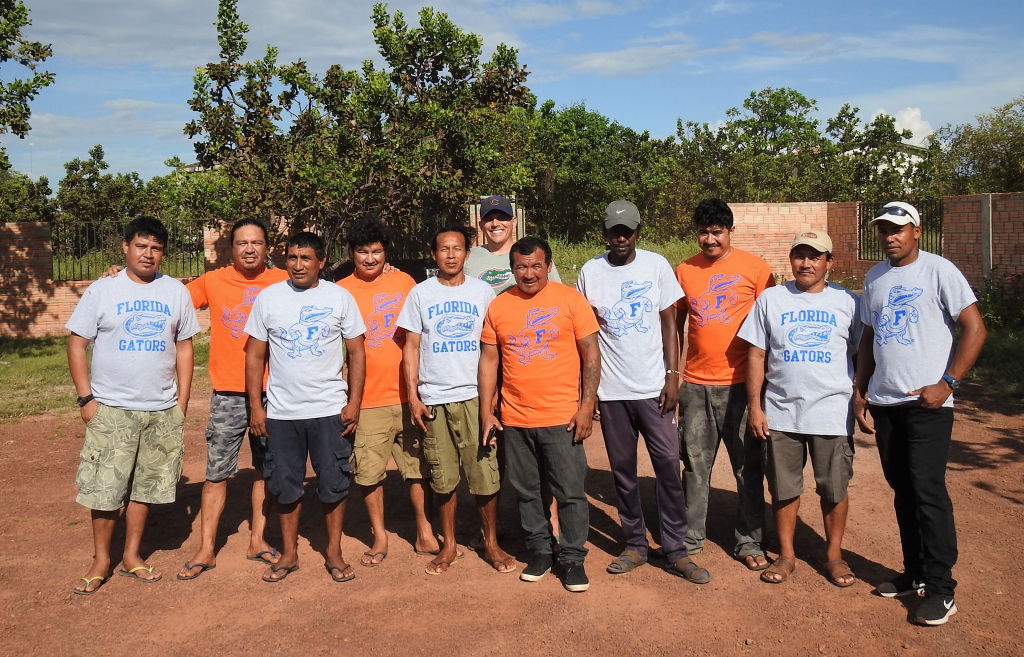
Renewed Commitment
In 2022, UF/IFAS presented zoo leadership, including new President and CEO Jeff Ettling, with an impact report that showcased the progress achieved through their collaboration. The data demonstrated both scientific advancements and real-world conservation outcomes. Impressed by the results, Jacksonville Zoo & Gardens renewed their pledge, committing to continued support for Dr. Hallett’s research and outreach efforts in Guyana. To date, the zoo’s contributions to UF/IFAS have exceeded a quarter of a million dollars, significantly bolstering these conservation initiatives.
Impact at Home
 Jacksonville Zoo and UF aren’t just thinking globally but are also working together to make an impact on local Florida communities.
Jacksonville Zoo and UF aren’t just thinking globally but are also working together to make an impact on local Florida communities.
The zoo has donated tickets to UF Health Jacksonville’s Leon L. Haley Jr., MD, Brain Wellness Program, which supports military veterans and first responders. Participants are encouraged to enjoy the educational exhibits and beautiful grounds as part of their healing journey.
Jacksonville Zoo regularly hosts UF zoo conservation and management students, providing career advice and behind-the-scenes experiences. Additionally, the zoo employs UF alumni and provides passes for students and staff. These interactions strengthen the partnership between education, conservation, and community engagement.
Looking Ahead
The ongoing partnership between Jacksonville Zoo & Gardens and UF/IFAS is a powerful reminder that conservation is not only about protecting species — it’s about building relationships, empowering communities, and creating a future where humans and nature can thrive together. It serves as an inspiring model for how institutions, researchers, and local communities can work together toward shared conservation goals. With the support from committed partners like the Jacksonville Zoo & Gardens, UF/IFAS faculty members are poised to continue making great impacts for years to come.
The “How it Happened” series showcases the transformational gifts made by donors to UF/IFAS during the University of Florida’s Go Greater Campaign. To learn more about creating your own impact through UF/IFAS programs with a charitable gift, please visit our website at give.ifas.ufl.edu or call the UF/IFAS Advancement Office at 352-392-1975.
Photos: rupununiwildlife.org, ufhealthjax.org/brain-wellness, jacksonvillezoo.org
 1
1
